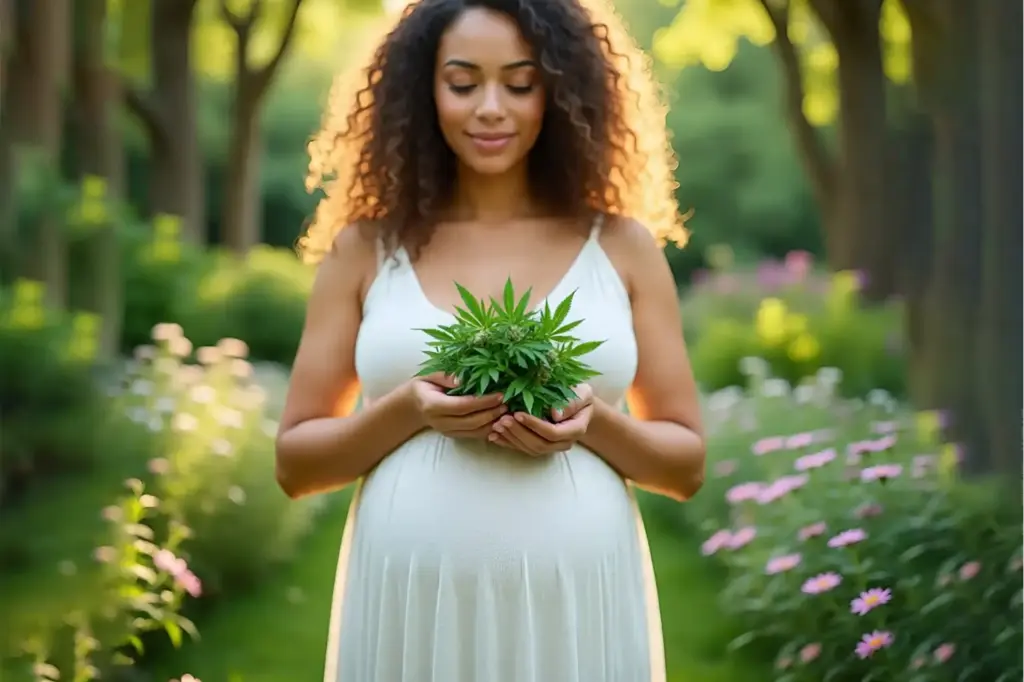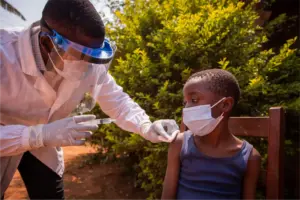
Cannabis and IVF pregnancy: A new study in Nature Communications warns that heavy cannabis exposure may undermine in-vitro fertilization (IVF) outcomes.
Examining 1,059 follicular-fluid samples from patients undergoing IVF, University of Toronto embryologist Cyntia Duval and colleagues detected tetrahydrocannabinol (THC) in 62 samples. Immature oocytes bathed in higher THC levels were more likely to show chromosomal abnormalities and matured faster than matched THC-negative controls.
Also Read | Trying to conceive? Know whether IVF or IUI is better for you
In follow-up lab tests on eggs from 24 consenting patients, unfertilised oocytes exposed to THC concentrations above the earlier experiment’s average showed ~10% more chromosome errors and again matured more quickly. The authors caution that the sample size is limited, which does not allow for control of other fertility factors, notably age, the strongest predictor of egg quality; therefore, larger studies are needed.
While not involved in the work, pharmacologist Mark Connor (Macquarie University) said the data “suggest that consumption of cannabis might affect the outcome of IVF,” adding that the study did not assess natural conception. Obstetrician-gynecologist Alex Polyakov (University of Melbourne), also independent of the research, noted that cannabis exposure may not block fertilisation but could reduce the odds of producing chromosomally normal embryos, potentially prolonging time to pregnancy and raising risks of IVF failure or miscarriage.
The findings align with animal studies showing adverse effects of THC on embryo development and with human research linking regular cannabis use to fertility challenges. Clinicians generally advise avoiding cannabis while trying to conceive, during pregnancy, and while breastfeeding.








